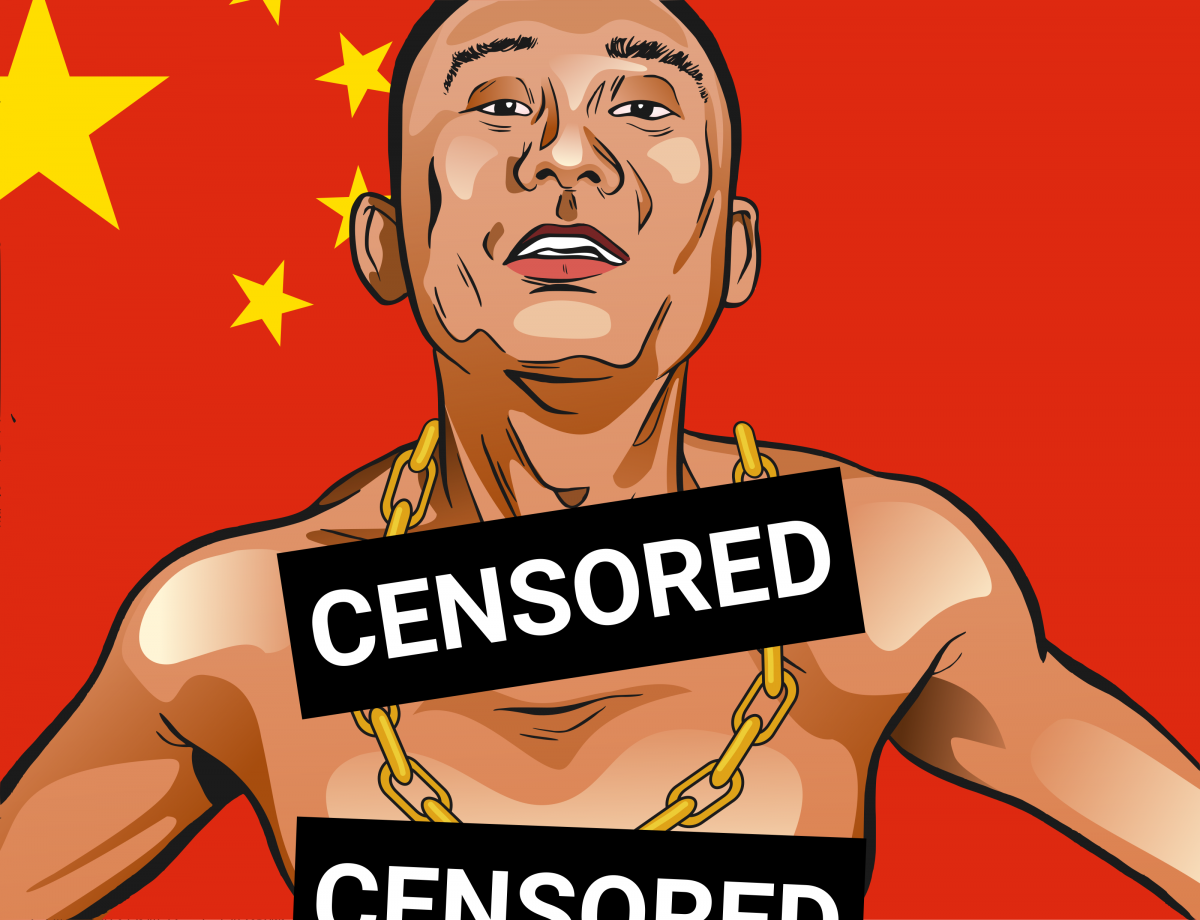Art can change the world

Illustration by Carty Sewill
Art can change the world. Warhol showed us all the beauty in our everyday; from Coke bottles to Campbell’s soup cans. Social change is led by those brave enough to see the world differently. Such vision is rarely rewarded and is often seen as a threat to the status quo. Like many artists before them, Chinese Rappers such as Triple H, who’s been de-platformed across the Chinese Internet, and GAI, who was removed from a hit Chinese television series, are now learning that lesson rather harshly.
The Chinese State Administration of Press, Publication, Radio, Film, and Television of the People’s Republic of China, (SAPPRFT), have published a new list of rules recently, banning hip-hop artists and people with tattoos from appearing on television. Reportedly the ban “specifically requires that programs should not feature actors with tattoos [or depict] hip hop culture, subculture (non-mainstream culture) and dispirited culture (decadent culture)[.]”
Reading like something out of a Scientology pamphlet, the SAPPRFT outlined the following suggestions after issuing the ban:
“Absolutely do not use actors whose heart and morality are not aligned with the party and whose morality is not noble
Absolutely do not use actors who are tasteless, vulgar and obscene
Absolutely do not use actors whose ideological level is low and have no class
Absolutely do not use actors with stains, scandals and problematic moral integrity”
Talk about subjective terminology. At face value, you could just assume the SAPPRFT is as uptight as Tipper Gore in 1985, but that’s not the case.
In America, the Gangster Rap of the 1990’s criticized authority. Groups like NWA questioned their circumstances and ultimately, through their popularity and mainstream appeal, helped open the eyes of White America to the systemic racism rampant in our justice system. They lifted the stigma of recreational marijuana, and 30 years later it’s legal in half of the U.S. Much like Rock n’ Roll before it, the era of Hip-Hop ushered in new ideas and asked harsh questions of the authorities.
It’s clear that the Chinese Government wants none of that. Even going so far as to blur hip-hop related ‘bling’ on national television. You can’t have your cake and eat it too; flaunting culture while silencing it’s most creative voices. Culture isn’t something manufactured, it’s born out of the creative pursuit of free citizens. The Renaissance didn’t happen in Florence because it was a dictatorship or because it manufactured culture via consent. It happened because Florence was a republic of free citizens.
Much like Tipper Gore’s parental advisory sticker, Chinese authorities hope to suppress and codify dissenting self-expression. With the authoritarian capabilities of Chinese regulators, the results are likely much more far-reaching than a sticker. In effect, it is silencing the voice of change. Regardless of how powerful the state, history has shown that it is only effective for so long. Censorship at this level, like Gore learned, usually has the opposite effect.
New ideas are not forged in suppression. Censorship is never the answer.
